Meritocracy, collaboration define Leo Burnett's culture: Dheeraj Sinha
The Leo Burnett Group shone yet again on the awards front recently. Leo Burnett India and Orchard Advertising (a Leo Burnett agency) picked up an award each at the 2016 edition of the WARC Prize for Asian Strategy. While Orchard Advertising bagged a Silver for its ‘Aur Dikhao’ campaign done for Amazon, Leo Burnett secured a Bronze for its revolutionary work for Bajaj V’s ‘The Nation’s Bike’ campaign.
Sharing his excitement about the wins, Dheeraj Sinha, Chief Strategy Officer, Leo Burnett, South Asia, had said, “Our work for Amazon has emanated from the truly Indian insight of seeking more choices – whether it is the process of selecting a groom through arranged marriage or buying consumer products. The campaign has helped Amazon, a global brand, build local familiarity and connect.”
He added, “The work on Bajaj V stands out because the marketing idea is embedded in the product. The bike is a symbol of pride for the youth of the country, especially in a context when so much is under question in the country. And it’s not just an ad campaign, it’s a real product. That’s what makes it stand out.”
Today, Leo Burnett’s key clients include McDonald’s, Bajaj, Thums Up, Whisper, HDFC Life Insurance, Star TV, Star Sports, Jeep, Fiat, and General Mills, among others.
In conversation with Adgully, Dheeraj Sinha speaks at length about the factors that contributed to the WARC wins, the relationship with both Amazon and Bajaj, the single-minded focus on doing great work, charting the growth path for 2017 and much more. Excerpts:
What do the wins at Warc Prize 2016 mean to Leo Burnett? Were you expecting the wins?
The work on Bajaj is actually a breakthrough piece of work. It is not just creating a campaign, but creating a product. How many times in our business does an agency’s idea actually help build a product? That’s why I think it is a breakthrough piece of work. It’s a testament to the new kind of work that the advertising world wants to do. It is also testament to a new kind of marketing, where the marketing idea or the consumer’s ideas are actually embedded in the product. It is not just the campaign that you run on top of your product, actually the idea is in the product itself. So, in that sense it’s a fantastic piece of thinking and has borne tremendous results for the client in the marketplace. When Bajaj saw the idea, they totally embraced it, they loved it. It is producing a full line of motorcycles and not a limited edition bike, it’s a legitimate bike in the commuter segment that is going to be there for years to come and we are producing thousands of bikes year on year. So we had full support from the client. This itself is a testimony that they loved the idea and they acknowledge the agency’s contribution towards helping build it. However, for us it is a partnership and not about agencies or clients. It is about coming together and creating something that delivers not just huge business, but also gives the country something to be proud of.
Amazon has been on a fantastic ride as well. The campaign that won for us – Aur Dikhao – took something from the popular culture of the country and became a buzzword for the country. So all kinds of people started saying ‘Aur Dikhao, Aur Dikhao’. Even the global marketing lead of Amazon has used it in Seattle! It has that kind of traction. And definitely for the brand, it has helped them become familiar – part of the Indian ethos, part of the Indian fabric. That’s really one of the challenges when you are an international brand coming to a market like India and have formidable competition from homegrown brands. We wanted to build that familiarity, sense of ownership with the people and this campaign – and many other pieces of work that we have done for Amazon – helped us do that. So, we are confident on the thinking with both these pieces. And also very confident on the impact that they have had on our clients’ businesses. In that sense, at the risk of sounding a little boastful, we did expect to win!
What were the factors that contributed to Leo Burnett’s win?
Obviously, the thinking has been there. The work is really good and sexy. There is also the job to ensure that the intent of the campaign is seen by the world in the way it is. You have to write the case in a certain way, you have to make sure that the key points of the success are highlighted – especially to the jury which is international, which is not familiar with the context of India, hasn’t seen whether this case has been successful or not successful. So, there is always the job of making sure that the story gets told in a correct way and gets amplified and gets its share of voice. My past experiences regarding how we have done this before many times at various forums helped us do that. We also brought in the international sensibility of judging, etc. The other aspect is galvanising the internal system towards the goal of winning awards, towards the goal of being mindful of effectiveness as a end goal, because a lot of time strategists, planners, account-minded people might have done good work, but they may not know how to merchandise the work. You may not be so proficient in presenting the case in a way that it gets the jury's attention and goes on to win, so that’s the other aspect that has been galvanised a bit.
What have been the highlights of Leo Burnett’s relationship with its two major clients – Amazon and Bajaj?
I think the highlights in any strong agency-client relationship are two – respect and collaboration. In both these cases we enjoy tremendous mutual respect. So when we meet and work, we work like a team and don’t work like agency and client, which is visible in the work that you see on both the businesses. We are one team, therefore, there are no boundaries in that aspect. One leads to the other. There is equal weight on the table and therefore there is a huge amount of collaboration. And together you build success.
Please share some insights on the campaign for McDonald’s, where you celebrated 20 years of McDonalds’s presence in India.
We were celebrating 20 years of McDonald’s in India. Now, you could do so many things. It was such an open brief. You could have celebrated everything. We do a lot of collaborative thinking. The idea which popped up was that while a lot has changed in these 20 years in this country, there is so much that has not changed. And that is also the story of McDonald’s. As a brand, our intent for this country, our intent of what we want to do for the people of the country, the kind of menu we want to bring, the kind of food innovations we want to bring which is India-oriented – for instance, the aloo tikki burger or the spicy chicken burger – that intent hasn’t changed at all. At the same time, the menu has evolved a lot. The ambience and network has evolved a fair bit. So it is the truth about India, which has gone through a lot of changes in the last two decades. But at the same time there are emotions, relationships, the feeling of joyousness that haven’t changed and that’s what is exactly true of McDonald’s as a brand and McDonald’s journey in the last two decades. Therefore, that became the idea. Again we collaborated for the large work with the producers and the whole film was crafted in a better way. Hence, you have a product, which to me is absolutely awesome.
What would you say is Leo Burnett’s forte today? What are your focus areas?
We all are in the business of communication. So we have to do great work. And we are very single-mindedly focussed on that. Everything we do – the talent, our clients – everything for us boils down to doing really, really great work, and if we do great work, growth follows. And that’s the single-minded focus while we are hiring talent, pitching for new businesses, in our internal culture. All this is focussed on doing great work and doing new-age work. If you look at the Bajaj case – the testament to the kind of work you want to put out on the table. This is also reflected in the work that we have done for HDFC Life, where we have built a platform where you can leave behind a memory, a message. We created the whole digital platform. So that’s testament to the kind of work we want to push out in the market and that’s really our forte.
For us, digital is not a separate box. We do have a digital company – Indigo, which does a lot of digital business. But to our mind, all thinking has to be pervaded through technology. So all the strategists that we are hiring have a technology built-up mind. We have people from technology institutes working in our teams. We don’t get up in the morning and say today we will do digital. It is part of all the thinking that we are doing. Every time we are thinking of a solution, we are thinking of it through the window of technology and digital. How can we use technology and digital to solve this problem? And you can see that as a component of a lot of our work. An example is the work on HE Deodorant brand from the Emami Group. The work first went online and then we followed up with a TVC. There are numerous examples of work that we have done which have started on digital and then gone on to mainline, because that’s the way we are thinking increasingly. So, it’s an everyday way of life. It’s what we look for in our talents on a regular basis.
How has your journey been since taking charge as CSO - South Asia, Leo Burnett? What are the key changes that you have brought about in the agency?
The journey has been hectic, I must say, because of such tremendous momentum in terms of the business that we have, the work we are producing on a daily basis. You want to be part of those work because clients want to be involved, want to improve the quality of work. So it has been very high involvement. Rolling up your sleeves and hitting the ground. But it is very, very enjoyable because you see the work come out of it, you see clients’ businesses moving.
Please tell us about the new hires this year.
We have beefed up our strategy team in Indigo, which is our digital office. So we have our New Strategy Head – Devang. That role didn’t exist before. So we have created that role and got a very senior person. Devang comes with digital and shopper expertise and also mainline strategy thinking. So that’s a strong addition there. On a daily basis we are a big organisation, we have a big strategic team so we are hiring people. But we are hiring people who are interested in changing the landscape of communication. With some strategists what we expect is a certain kind of dedication, a desire to be a part of the work and not just strategic thinking. So strategy must lead to work and that’s the biggest focus. That’s what we are looking for in terms of talent. There are lots of people who are coming on board. The journey is on.
What do you consider to be the key factors that will propel Leo Burnett’s growth and take it to the next level in 2017?
As I have said, our focus is on the kind of work that we want to do, the quality of work, some of our examples are already in the market place. It’s not just philosophy, but the stuff that we have delivered. I think that’s our biggest weapon. But on the back of it all, obviously what is also important is the culture. You build that culture to support that kind of a work. While work is the output, it is the culture that we are building of total meritocracy, absolute collaboration, brutal honesty, no walls between people, which you can see in this office - openness, collaboration, no hierarchy, and talent which is obsessed about the work. That’s the culture you build and, therefore, hopefully the output you see in the marketplace. I think that’s the single biggest focus for us.



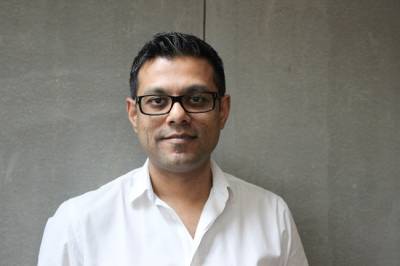

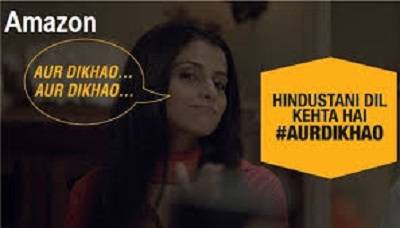


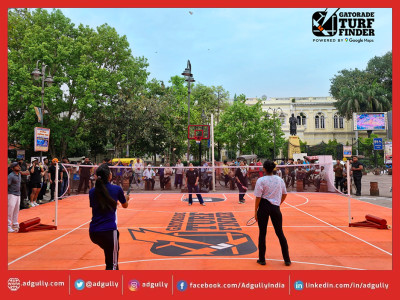
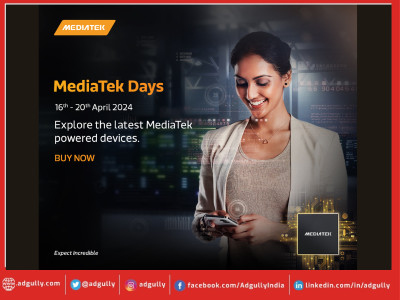
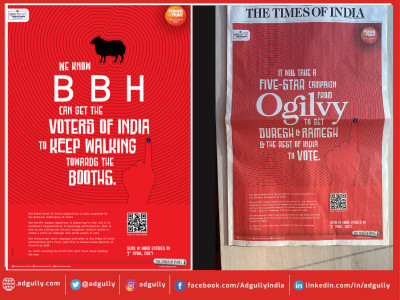
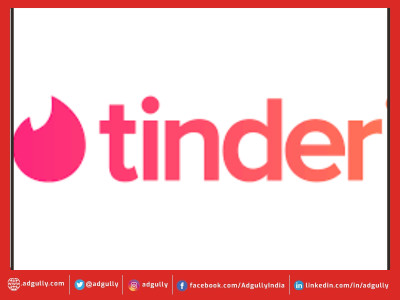

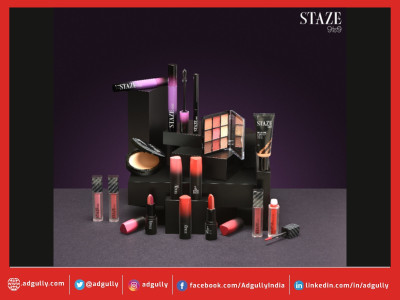
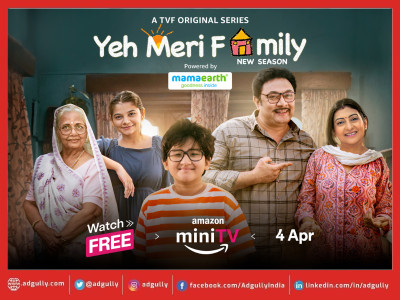
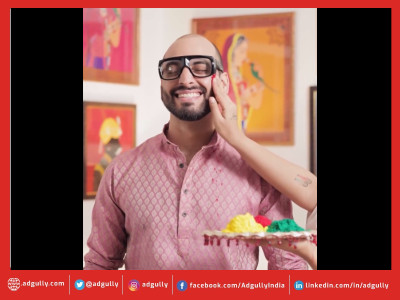
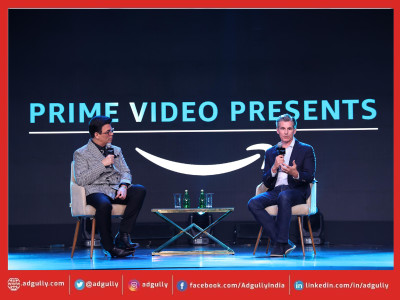
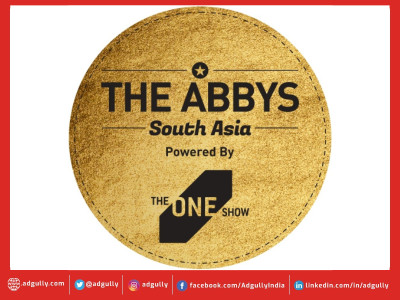


Share
Facebook
YouTube
Tweet
Twitter
LinkedIn